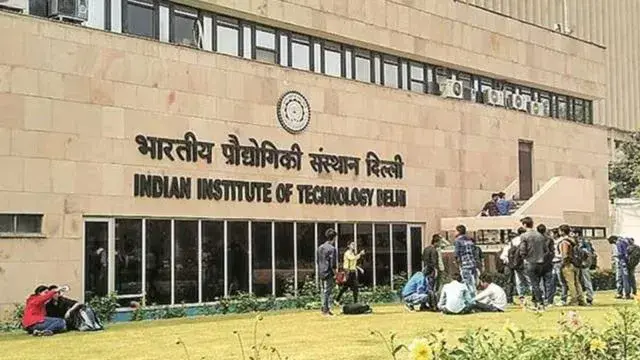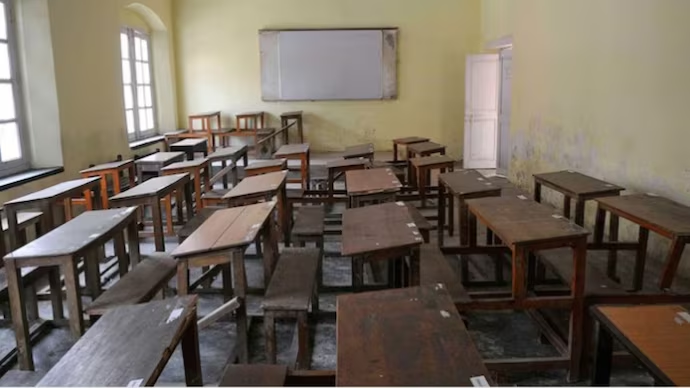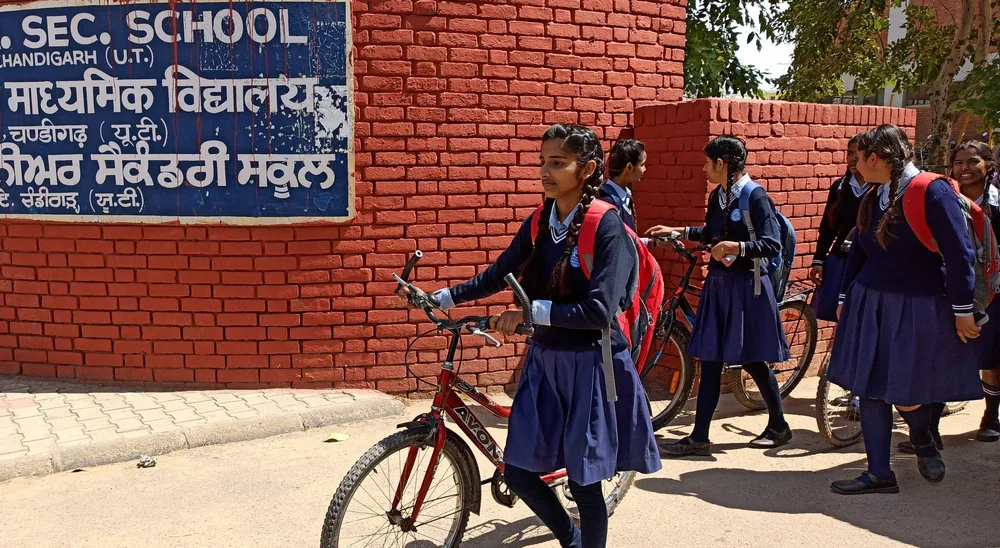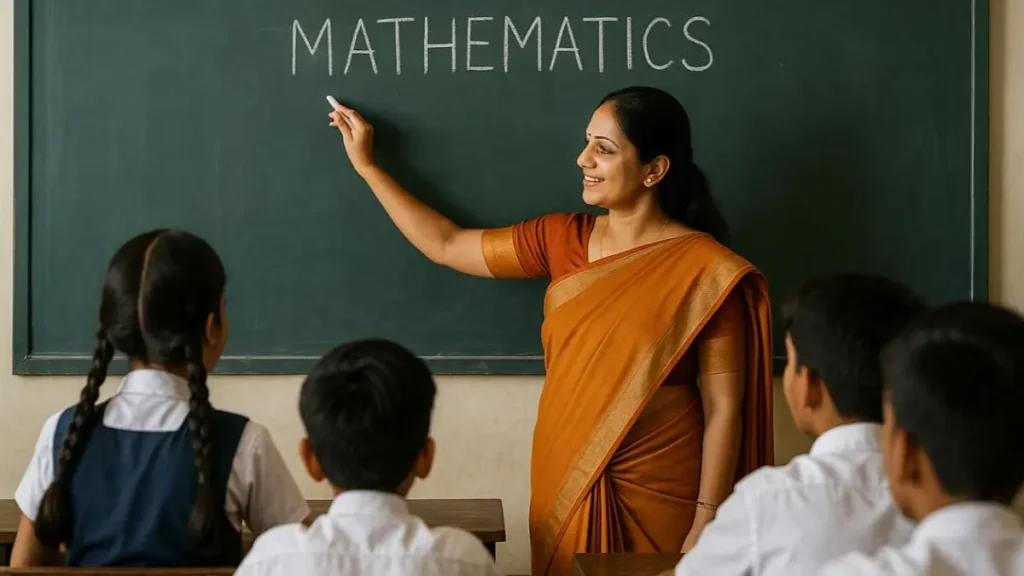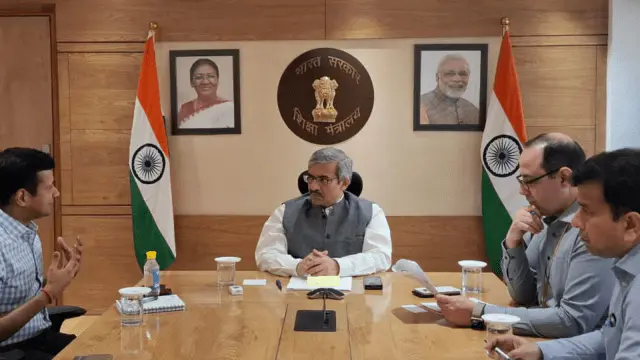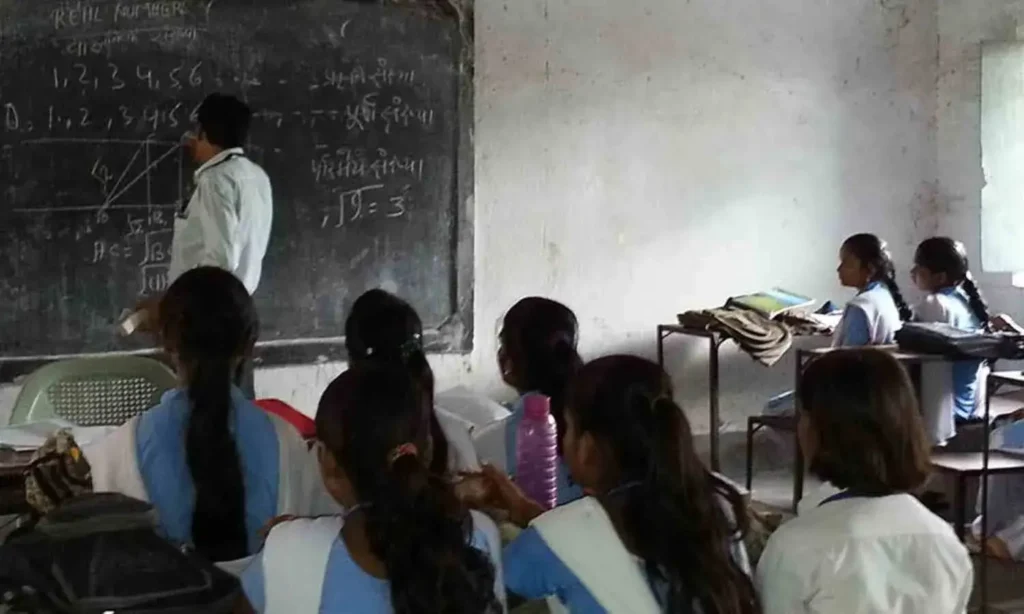University of Queensland and IIT Delhi invite applications for Joint PhD Programme – July 2026 intake
The University of Queensland (UQ), Australia, in collaboration with the Indian Institute of Technology Delhi (IIT Delhi), has opened Expressions of Interest (EoI) for its Joint Doctor of Philosophy (PhD) Programme, set to begin in July 2026. This unique initiative enables research scholars to pursue doctoral studies under the joint supervision of faculty from both UQ and IIT Delhi, providing them exposure to two world-class academic and research ecosystems. As part of the programme, students will spend one year at UQ’s Brisbane campus and three years at IIT Delhi, gaining valuable international research experience. Participants will benefit from fellowships, travel grants, and relocation assistance, along with access to the extensive academic infrastructure and research facilities of both institutions. Upon successful completion, scholars will be awarded a joint PhD degree from UQ and IIT Delhi. Applications are open to candidates from diverse fields including Science, Technology, Engineering, Mathematics, Humanities, and Social Sciences. Interested applicants can submit their EoIs online at uqiitd.org/study until 7 pm (IST) on Wednesday, 7 January 2026. To guide prospective applicants, two online information sessions are scheduled — the first on November 11, 2025 (registration: shorturl.at/QQoIe) and the second on December 10, 2025 (registration: shorturl.at/vjVp1). These sessions will provide detailed insights into the programme structure, eligibility criteria, and application procedure. The UQ–IITD Research Academy accepts applications twice annually — the first round in February for the July intake, and the second round in September for the January intake of the following year. In the previous admission cycle, all enrolled PhD candidates were granted scholarships covering up to four years of full-time study. Additionally, the Academy has partnered with The Weir Group to advance research in slurry transportation through a dedicated PhD project. For complete details on eligibility, scholarships, and submission guidelines, applicants can visit the official website: uqiitd.org. Source: Indian Express

